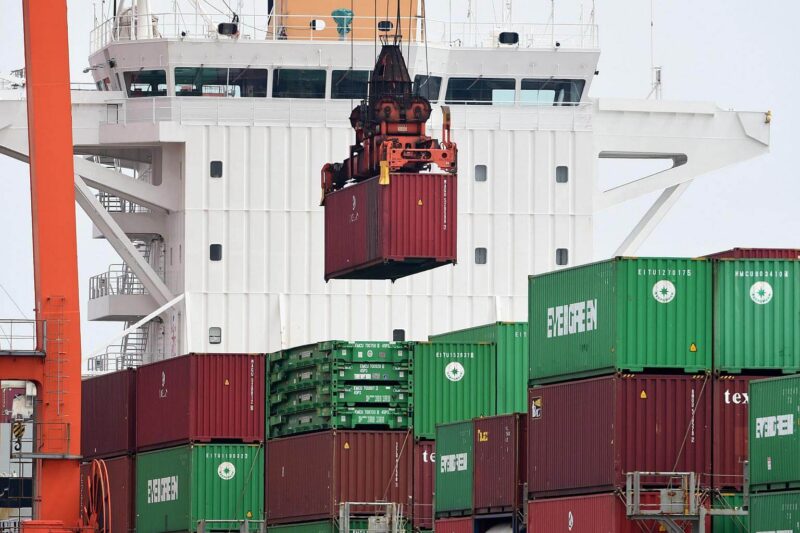Japan, the world’s fourth-largest economy, is experiencing a slowdown in exports to the United States, its largest trading partner, as elevated trade tariffs imposed by the US administration weigh heavily on growth.
In April, Japanese exports to the US dropped nearly 2%, reflecting the impact of tariffs introduced under President Donald Trump’s administration. Globally, Japan’s exports increased by only 2% year-on-year—a slowdown from 4% growth in March—and the country recorded a trade deficit for the first time in three months.
Imports from the US declined sharply, falling over 11% in April, while total imports decreased by 2.2%. This weakening export performance threatens to drag on Japan’s overall economic growth following a 0.7% contraction in the previous quarter. Japan has called on the Trump administration to remove tariffs on Japanese goods, but the US has yet to comply.
Trump’s tariffs are expected to particularly affect Japan’s major exporters, especially automakers, impacting not only products shipped directly from Japan but also those produced in other countries such as Mexico and Canada.
“Regional automakers face increased operating costs and potential revenue losses because their US sales depend on diverse production bases and supply chains,” S&P Global Ratings noted in a recent report.
The US maintains a 25% tariff on imported automobiles—a significant component of Japan’s trade with America and a vital driver of the Japanese economy. While some tariffs have been eased, higher tariffs on steel and aluminium remain in place.
Japan’s vehicle exports fell nearly 6% in April compared to the previous year. The Finance Ministry reported a trade deficit of JP¥115.8 billion (€710 million) for April, a sharp contrast to a surplus of JP¥504.7 billion (€3 billion) in the same month last year.
The recent appreciation of the Japanese yen against the US dollar has also reduced export earnings when measured in yen. The dollar currently trades near JP¥144, down from approximately JP¥155 a year ago.
Earlier this year, exports surged as businesses sought to avoid tariffs that have been progressively implemented since President Trump began his second term.
Although trade with the US has slowed, Japan has seen export growth in other regions, notably Southeast Asia.
Japan’s Economic Revitalisation Minister Ryosei Akazawa, the lead negotiator on tariffs, is scheduled to visit the US soon, likely this weekend, for the third round of trade discussions.




